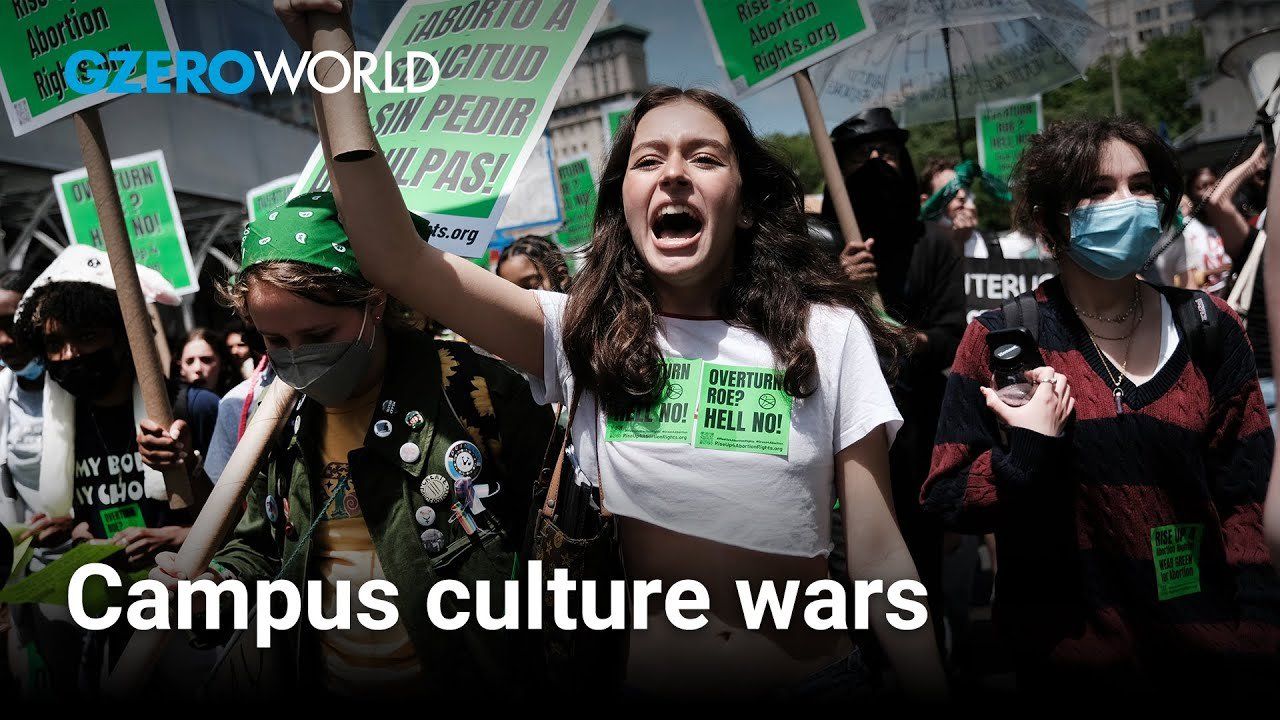GZERO World Clips
Are identity politics making students less tolerant?

Are identity politics making students less tolerant? | GZERO World

On GZERO World, political scientist Yascha Mounk sits down with Ian Bremmer to discuss his latest book, “The Identity Trap” and what he sees as a counter-productive focus on group identity that's taken hold of mainstream US institutions, particularly in the area of education. Bremmer acknowledges that while he doesn’t always understand the nuances of how young people want to be identified, it feels legitimate that they don’t want society to define what box they’re in.
“We need to have a society in which we respect everybody equally,” Mounk argues, “But that is different from saying that we should create a society where how we treat each other is deeply shaped by the group of which we're from.”
Mounk believes that a novel ideology about race and gender and sexual orientation is holding back young people from embracing diversity of thought and truly engaging with ideas that run contrary to their own. As a university professor, he worries today's college students have been taught to define themselves by the intersection of their identity, that they've become skeptical of free speech principles and reject all forms of cultural appropriation, even if it denies mutual understanding.
Ian Bremmer sits down with former US Ambassador to NATO Ivo Daalder to unpack a historic shift in the transatlantic alliance: Europe is preparing to defend itself without its American safety net.
Think you know what's going on around the world? Here's your chance to prove it.
Argentina, Armenia, Belarus, Egypt, Indonesia, Jordan, Pakistan, Paraguay, Vietnam – to name only a few.
A poster featuring Andrew Mountbatten-Windsor, formerly known as Prince Andrew, is installed on a sign leading to the parking area of the Sandringham Estate in Wolferton, as pressure builds on him to give evidence after the U.S. Justice Department released more records tied to the late financier and convicted sex offender Jeffrey Epstein, in Norfolk, Britain, February 5, 2026.
British police arrested former Prince Andrew Mountbatten-Windsor today over allegations that in 2010, when he was a UK trade envoy, he shared confidential government documents with convicted sex offender Jeffrey Epstein.